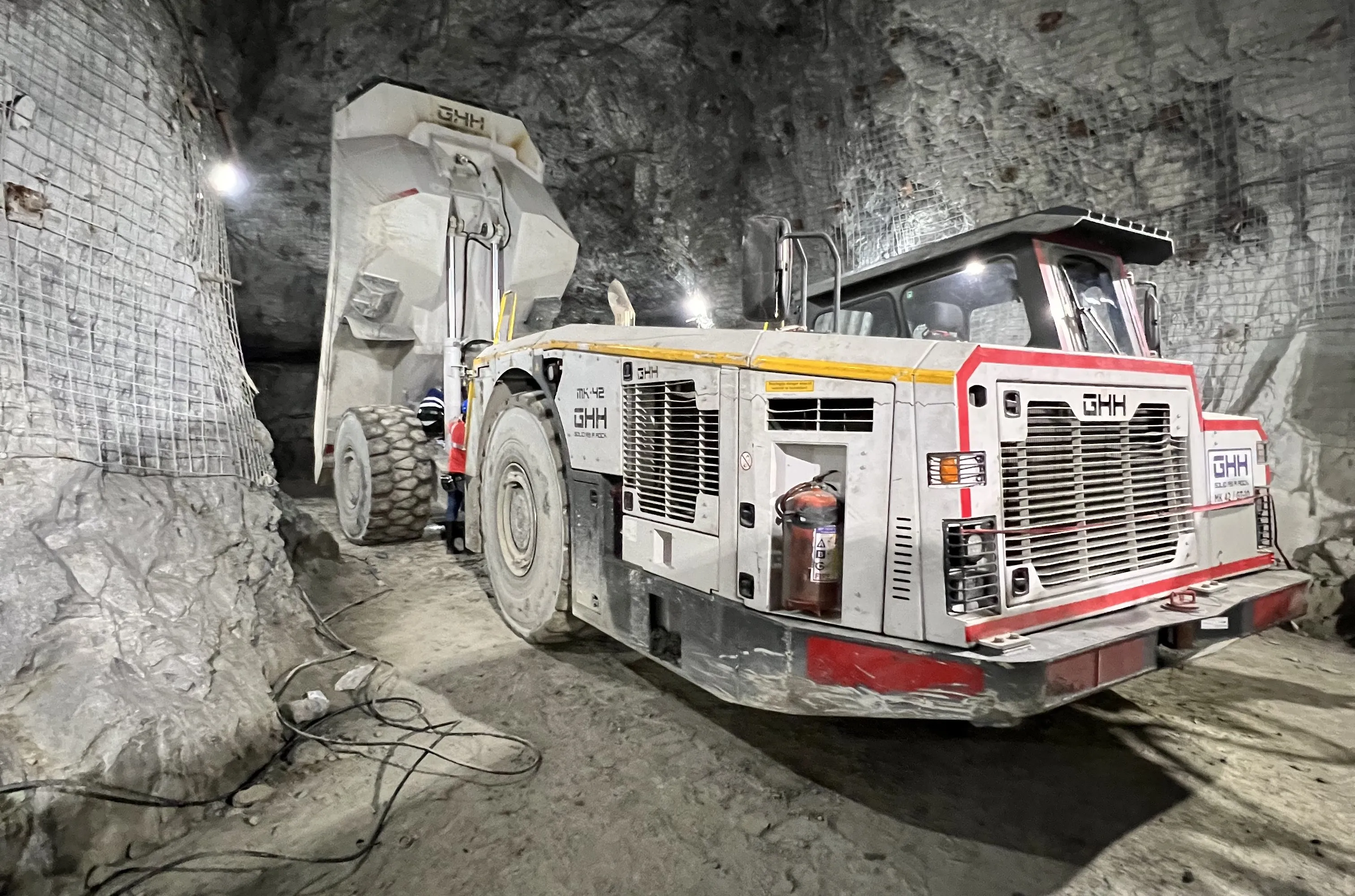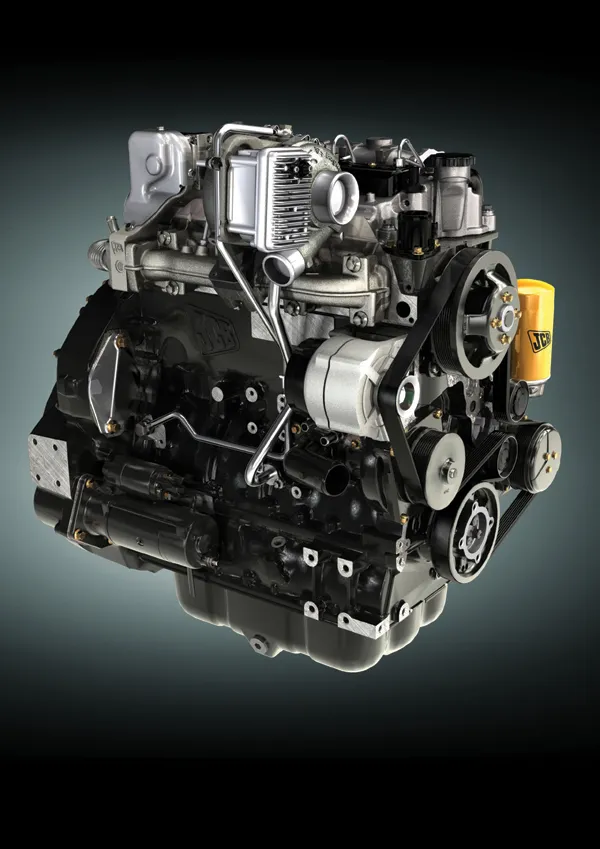"To be a leading provider of electrified power systems just as we are with diesel and natural gas driven powertrains, we must own key elements and subsystems of the electrification network," said Tom Linebarger, chairman and CEO, Cummins. "By adding the expertise of Brammo and its employees to Cummins, we are taking a step forward in our electrification business and differentiating ourselves from our competition. As always, when markets are ready, Cummins will bring our customers the right power solution at the right time to power their success."
Operations from this acquisition will report under Cummins’ recently formed Electrification Business led by Julie Furber, executive director of Electrification at Cummins, and will continue to be based in Talent, Oregon. Founded in 2002, Brammo has made great strides in developing electric energy storage technology for mobile and stationary applications.
“Brammo’s expertise across a broad range of applications uniquely positions us to enhance Cummins’ efforts to be a leader in the electrified power space,” said Craig Bramscher, chairman and CEO of Brammo. “We see this as a very exciting opportunity to continue changing the way the world moves and stores power.”
This acquisition is subject to customary closing conditions and is expected to close by the end of this calendar year.
Cummins expanding electric technology portfolio
Cummins is expanding its portfolio of electric drive technologies with the acquisition of the assets of Brammo, Inc. The firm designs and develops battery packs for use in mobile and stationary drive applications. The purchase of the Brammo battery pack technology will help boost the range of systems and expertise for Cummins. With this deal Cummins intends to become a global leader in the market for electric drives, complementing its range of compression ignition and turbocharging technologies.
October 17, 2017
Read time: 2 mins








